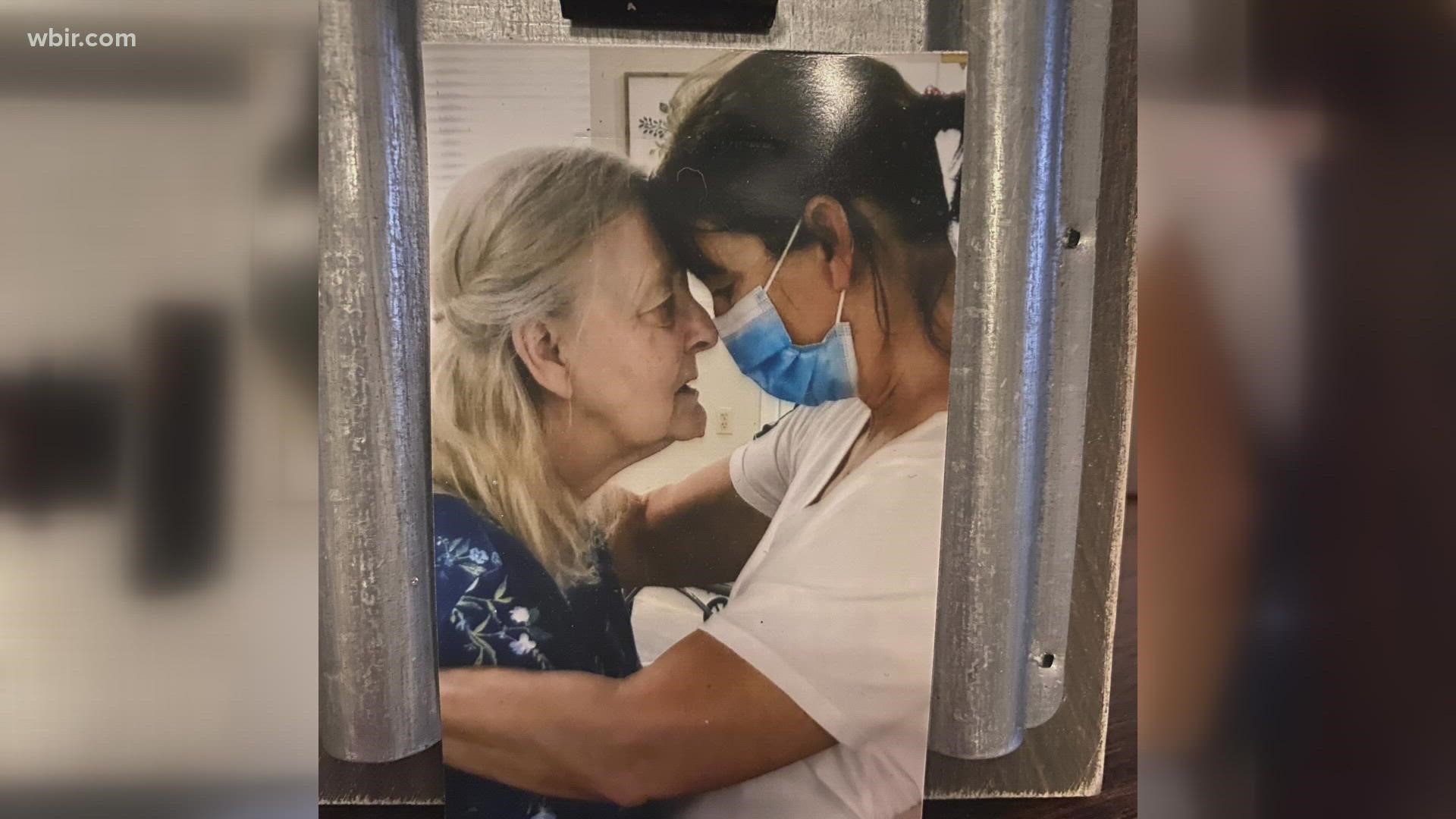BOSTON — Across the U.S., Alzheimer's affects more than 6 million people. It causes memory loss, and later people can lose the ability to do basic things like walk and speak.
For many families, the degenerative disease can take a heavy toll. However, a doctor in Boston said a new nasal vaccine may be the next step to finding a cure. The first human trials for the treatment are set to begin soon with a small, phase-one study.
This study will test the vaccine for its safety and efficacy. It will involve 16 participants between 60 and 85 years old who are showing early symptoms of Alzheimer's disease. The vaccine uses Protollin, a new ingredient to help create stronger immune responses in people.
"If we could, all of us, get a vaccine for Alzheimer's disease and never have to worry about losing our memories, our dignity," said Kay Watson with Alzheimer's Tennessee.
She said the trials provide a sense of hope for advocates and families who are struggling with the disease. Some people who lost loved ones also said that the vaccine can bring a better future for their children.
"To think that my children, who are 26 and 21, that they wouldn't have to witness me go through that or act to take the same walk," said Cara Phillips, who lost a loved one to the disease.
Doctors have looked for a cure to Alzheimer's disease for decades, researching ways to prevent the degeneration and build-up of plaque around brain cells. As proteins build up around brain cells, it can be harder for neurotransmitters to send signals between cells.
The build-up of proteins can also cause brain cells to tangle, further damaging a person's functioning. Researchers are not sure what causes the process to begin, but scientists said that it takes several years before symptoms appear.
Darron Kidwell is a full-time caregiver to his 84-year-old father who was diagnosed with Alzheimer's disease around six years ago. At first, Kidwell said he was in denial. Then, as the disease progressed, he started noticing short-term memory loss.
"He can tell you things he did in 1965, but he can't remember what he did 65 seconds ago," he said.
The trial for the new vaccine is scheduled to last for six months.

